In the shadows of history, whispers persist about the Freemasons, a clandestine brotherhood shrouded in mystery and intrigue. As the curtains are drawn back on their enigmatic world, tales of secret handshakes, hidden symbols, and influential members come to light.
But are these merely myths or revelations waiting to be unveiled? Explore the labyrinthine corridors of Freemasonry as Viator unravels the threads that bind this ancient society together, peeling back layers of secrecy to reveal a captivating narrative that challenges perceptions and beckons the curious mind to journey deeper into the heart of the unknown.
Key Points
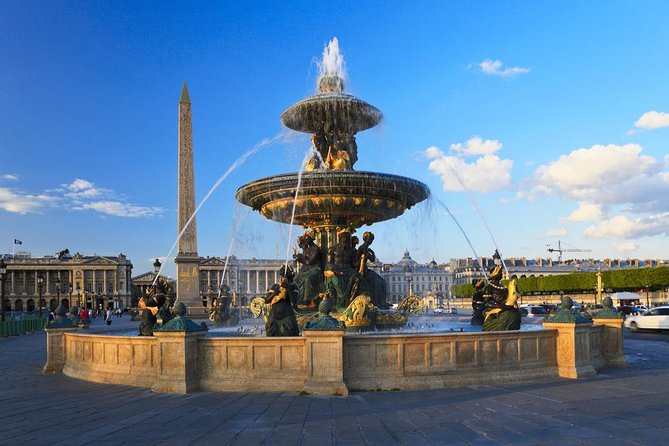
- Freemasonry evolved from stonemason guilds to a philosophical fraternity.
- Common misconceptions contrast with hidden emphasis on moral values.
- Symbols hold deep meanings for personal development and self-improvement.
- Freemasons influenced history through significant events and societal developments.
Origins of Freemasonry
Unveiling the enigmatic beginnings of Freemasonry sheds light on its mysterious evolution into a renowned secret society. Historical roots of Freemasonry trace back to the late 16th and early 17th centuries in Scotland and England.
Initially, Freemasonry operated as a guild for stonemasons, gradually evolving into a fraternity that welcomed members from various professions. Evolutionary patterns within Freemasonry show a shift towards philosophical teachings, moral values, and symbolic rituals, moving away from its operative roots.
The transition from operative to speculative Freemasonry marked a significant turning point in its history, shaping the organization into the secretive and symbolic society known today. Understanding the historical evolution of Freemasonry provides insights into its development and influence on society.
You can also read our reviews of more tours and experiences in Paris.
Misconceptions Surrounding Freemasons
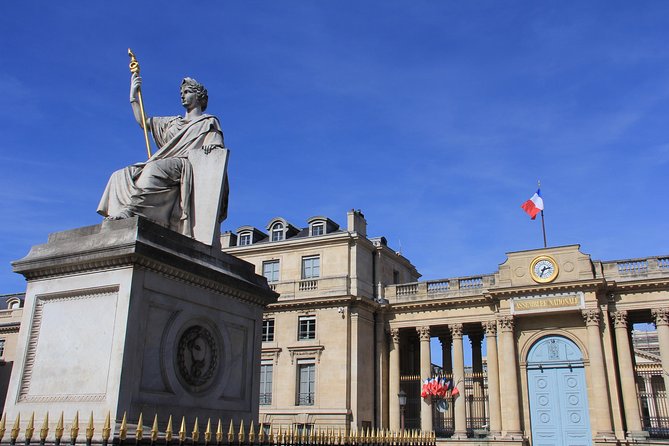
Misconceptions surrounding Freemasons persist due to limited understanding of their traditions and practices within popular culture and historical narratives. Common beliefs often portray Freemasons as a secretive and exclusive group involved in conspiracies and clandestine activities. However, hidden truths reveal that Freemasonry emphasizes moral and ethical values, charity, and personal development. To dispel these misconceptions, it’s essential to delve deeper into the core principles of Freemasonry and its historical context. Below is a table comparing common beliefs with hidden truths:
| Common Beliefs | Hidden Truths |
|---|---|
| Secretive organization | Focus on moral values and personal growth |
| Involved in conspiracies | Emphasis on charity and community service |
| Exclusive membership | Open to individuals regardless of background |
| Mysterious rituals | Symbolism for self-improvement and enlightenment |
| Pursuing hidden agendas | Promoting fellowship and mutual support among members |
Freemason Symbols and Their Meanings
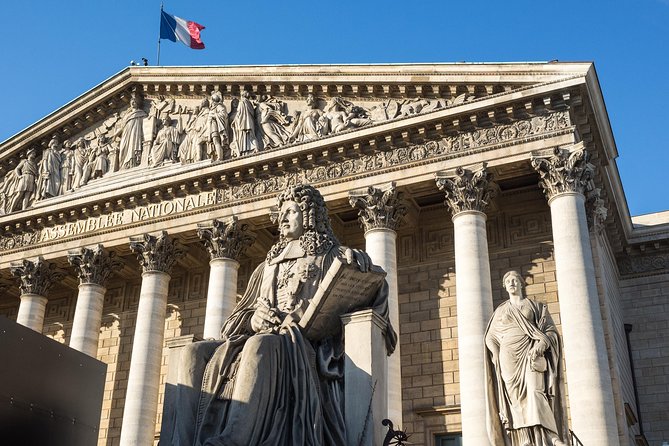
Despite popular misconceptions, Freemason symbols hold deep significance and hidden meanings that shed light on the values and principles of this ancient fraternity.
- Symbolic interpretations: Freemason symbols are rich in symbolic interpretations, often representing moral lessons, virtues, and philosophical concepts.
- Hidden meanings: Behind the intricate designs of Freemason symbols lie hidden meanings that are meant to be understood by those initiated into the fraternity.
- Reflecting values: Each symbol within Freemasonry reflects the core values and beliefs upheld by its members, fostering a deeper understanding of the fraternity’s teachings.
These symbols serve as a visual language that conveys profound messages and encapsulates the essence of Freemasonry’s teachings, guiding members on their journey of self-improvement and moral enlightenment.
Influence of Freemasons in History
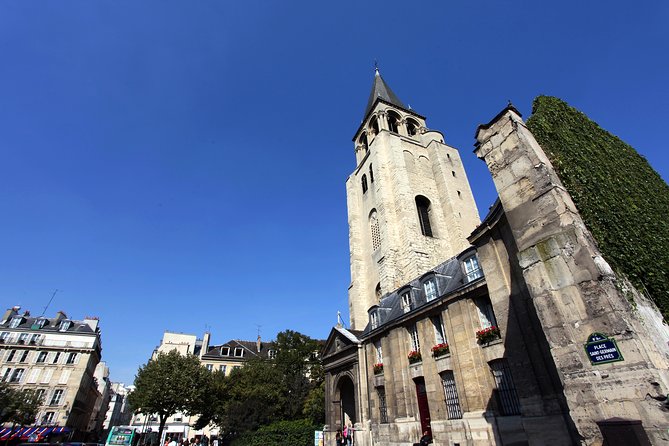
Have Freemasons played a significant role in shaping historical events and societal developments? The influence of Freemasons in history is a topic that sparks curiosity and debate. Throughout centuries, Freemasons have been involved in various significant historical events, contributing to the shaping of societies and cultures.
Their impact on the world can be seen in the historical significance of their actions and the societal changes that followed. From the cultural evolution brought about by Freemason influence to the way their beliefs and practices have influenced different aspects of society, the role of Freemasons in history is undeniable.
Delving into the historical significance of Freemasons sheds light on their lasting impact on the world.
Freemason Rituals and Practices Revealed
Exploring the intricate rituals and practices of Freemasons reveals a hidden world of symbolism and tradition deeply ingrained in their secretive society.
The following insights shed light on the mysterious practices of the Freemasons:
-
Ritual Origins: Freemason rituals trace back to ancient ceremonial practices, including elements from stonemason guilds and medieval mystery plays.
-
Practice Insights: The rituals involve symbolic gestures, tools, and allegorical teachings aimed at fostering personal growth, moral development, and a sense of brotherhood among members.
-
Symbolism Unveiled: Symbols like the square and compass, the apron, and the letter G hold significant meaning within Freemasonry, representing virtues, moral lessons, and spiritual concepts that guide members’ conduct and beliefs.
- Famous Graves of Père Lachaise Cemetery Guided Tour
- Closing Time at the Louvre: the Mona Lisa at Her Most Peaceful
- Eating Paris: Montmartre Food & Wine Tour
- Private Transfer From CDG or ORY Airport to PARIS City
- Private Guided Professional Photoshoot by the Eiffel Tower
- Paris Catacombs Skip the Line Guided Tour
Impact of Freemasonry on Modern Society
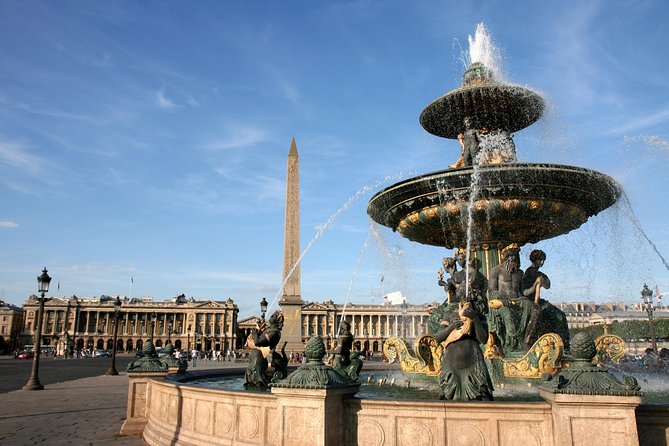
With a profound influence spanning centuries, Freemasonry continues to shape and influence various aspects of modern society. Its modern influence can be seen in philanthropic efforts, community service projects, and the promotion of moral values. Freemasonry has a societal impact by fostering a sense of brotherhood, promoting tolerance, and advocating for equality.
The contemporary relevance of Freemasonry lies in its ability to adapt to the changing times while preserving its core values and traditions. Its cultural significance is evident in its historical roots and the influence it has had on art, literature, and architecture. Overall, Freemasonry continues to play a significant role in modern society, reflecting its enduring legacy and relevance in today’s world.
Unveiling the Secrets of Freemasons
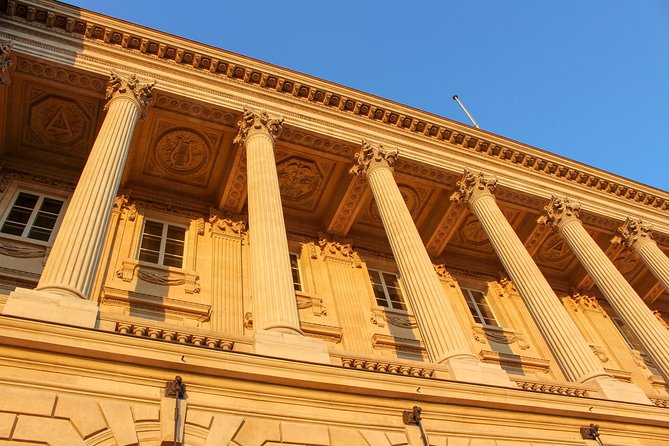
Freemasonry’s enigmatic nature has long captivated individuals, prompting a desire to uncover the concealed truths and clandestine practices of this ancient and influential fraternity.
Modern interpretations shed light on the secretive world of Freemasons, revealing intriguing insights into their rituals and beliefs.
Delving deeper into the hidden truths behind Freemasonry, individuals are met with a complex tapestry of symbolism and tradition that has evolved over centuries.
Exploring the enigmatic practices of Freemasons offers a glimpse into a society that values fraternity, morality, and self-improvement.
Unveiling the secrets of Freemasons unearths a rich history intertwined with mystery and intrigue, inviting curious minds to decipher the ancient codes and symbols that have shaped this enigmatic organization.
Common questions
Can Anyone Join the Freemasons, or Is It an Exclusive Society?
Membership criteria for joining are stringent, requiring a sincere interest in the organization’s values and principles. The initiation process involves a series of rituals and ceremonies that symbolize dedication and commitment. Secret handshakes are used to distinguish members.
How Do Freemasons Communicate With Each Other Without Revealing Their Identity?
When needing to communicate discreetly, Freemasons employ secret signals and encrypted messages to maintain anonymity. These covert methods allow members to convey information securely without compromising their identity or the confidentiality of their discussions.
Are There Any Famous Historical Figures Who Were Known to Be Freemasons?
Many famous historical figures, including George Washington and Benjamin Franklin, were known Freemasons, revealing a hidden history of influential individuals. Their involvement sheds light on Freemasonry secrets and the impact of this society on renowned personalities.
What Is the Significance of Specific Symbols Used by Freemasons in Their Rituals?
Symbols play a crucial role in Freemasonry, holding deep symbolic meanings that guide members in their ritual practices. Each symbol represents a facet of moral lessons and philosophical teachings, aiding in the spiritual journey of Freemasons.
How Has Freemasonry Adapted to Modern Society and Its Changing Values?
In adapting values to modern society, Freemasonry has embraced inclusivity efforts by revising membership requirements. By reflecting changing societal norms, Freemasons aim to remain relevant while preserving their historical significance and core values.
Final Words
Set out on a journey of discovery and enlightenment as you unravel the mysteries of Freemasonry.
From its origins and symbolism to its impact on history and society, this secretive society holds a wealth of fascinating secrets waiting to be revealed.
By delving into the myths and revelations surrounding Freemasons, one can gain a deeper understanding of their influence and practices.
Join the quest for knowledge and uncover the hidden truths of this enigmatic organization.
More Tour Reviews in Paris
Not for you? Here's more nearby things to do in Paris we have reviewed
- Paris, Latin Quarter Walking Tour With Audio Guide
- Loire Valley Castles Day Trip With Audio Guided Option From Paris
- Emily in Paris Guided Walking Tour
- Vows Renewal Ceremony With Photoshoot – Paris
- Private Van Transfer From CDG to Airport Beauvais
- Paris: Covered Passages Audio-Guided Walking Tour
- Paris: Luxury Mercedes Transfer to Bayeux
- Best of the Louvre Museum Private Tour With Monalisa
- Paris: Romantic Montmartre Exploration Game
- Paris: Eiffel Tower Tour & Seine Champagne Cruise Combo
- Versailles Private Round-Trip Luxury Transfer From Paris
- Paris Like a Local: Le Marais Self-Guided Tour in a Bag
